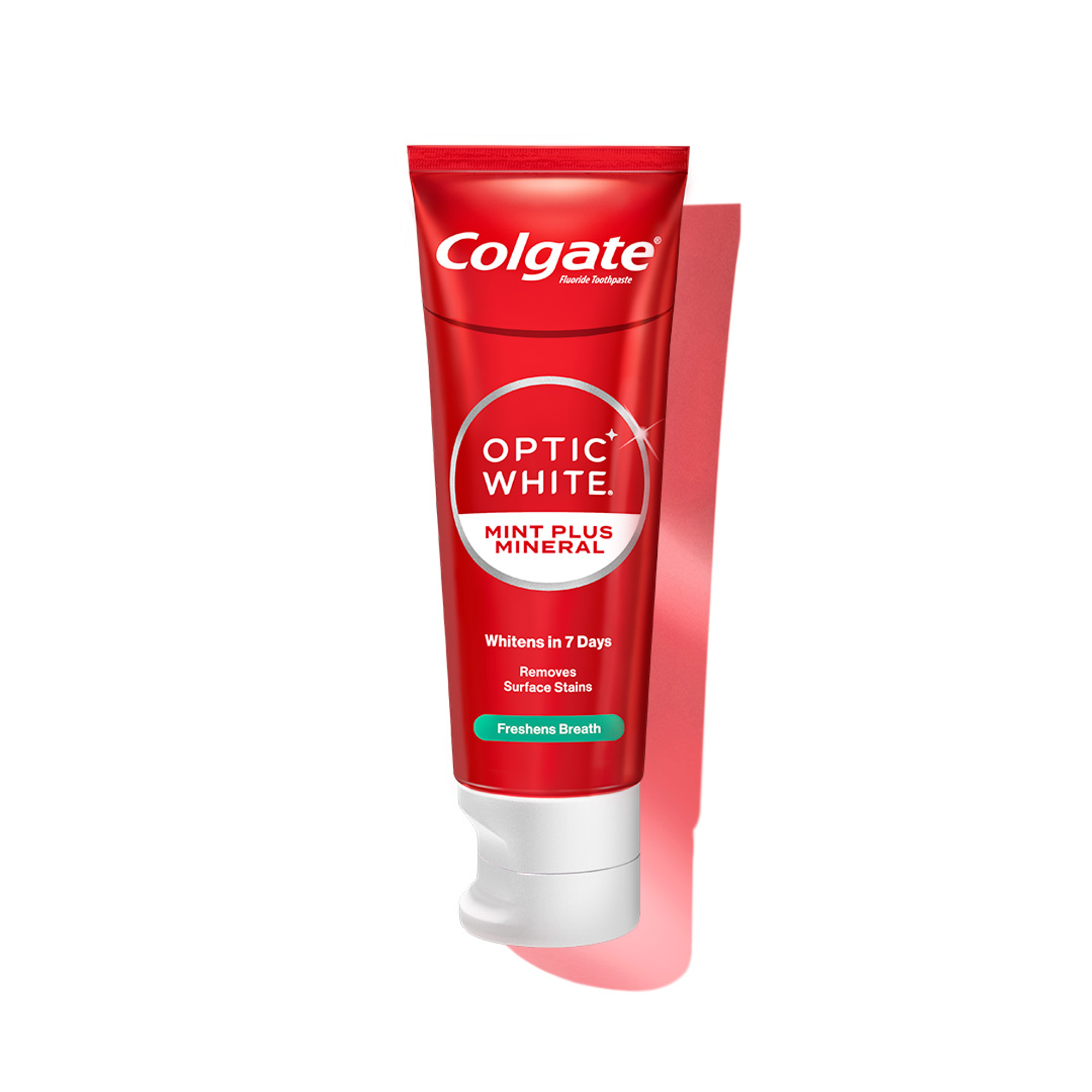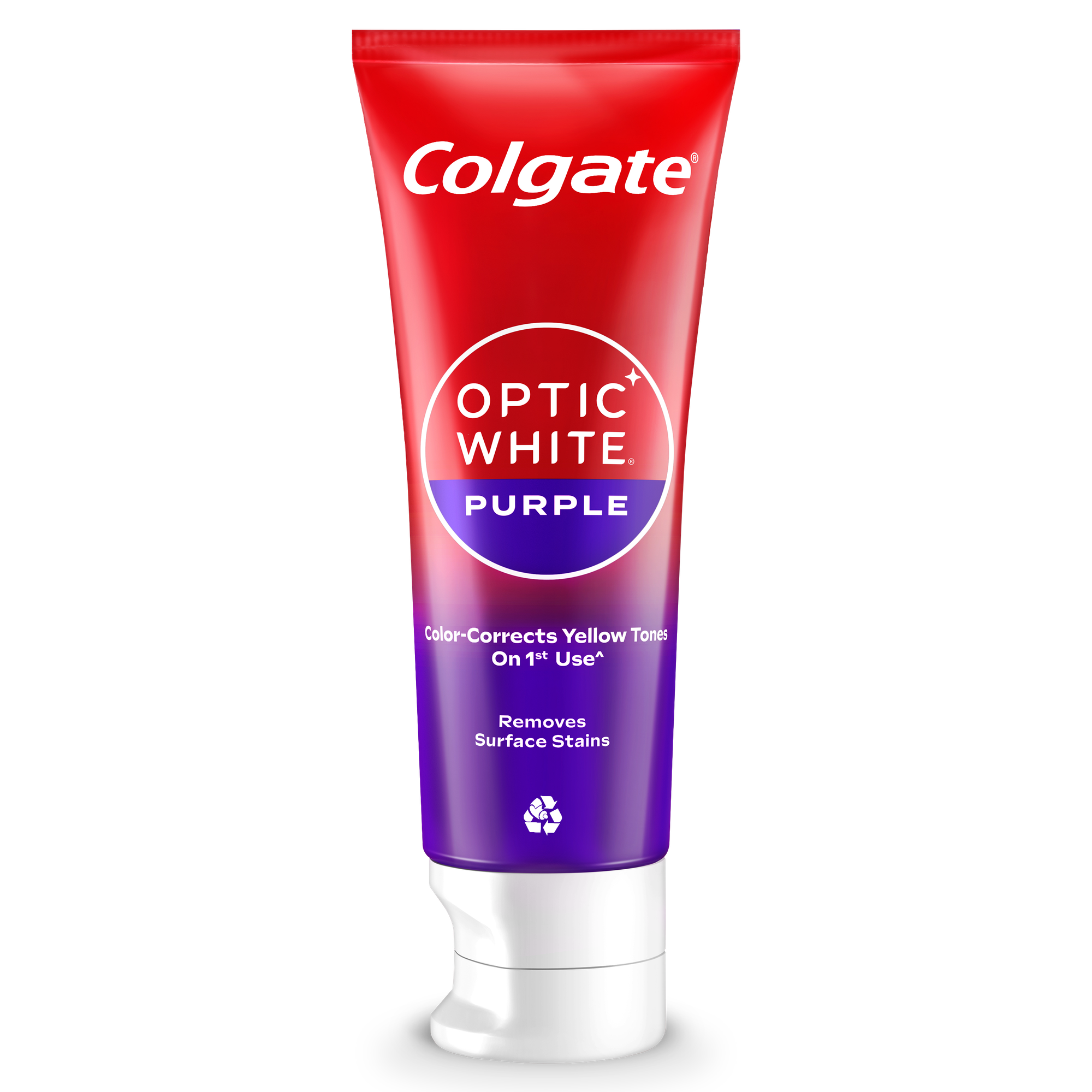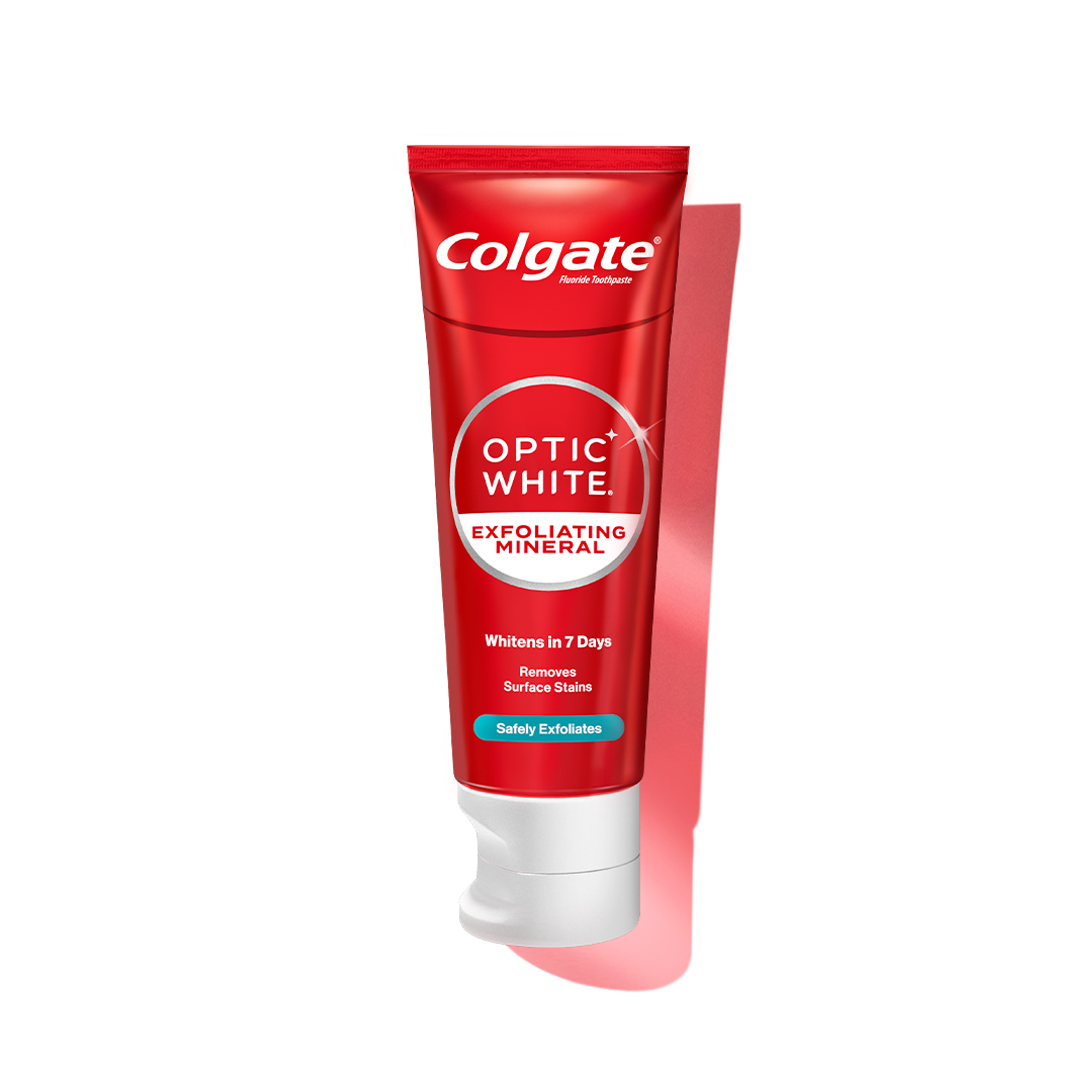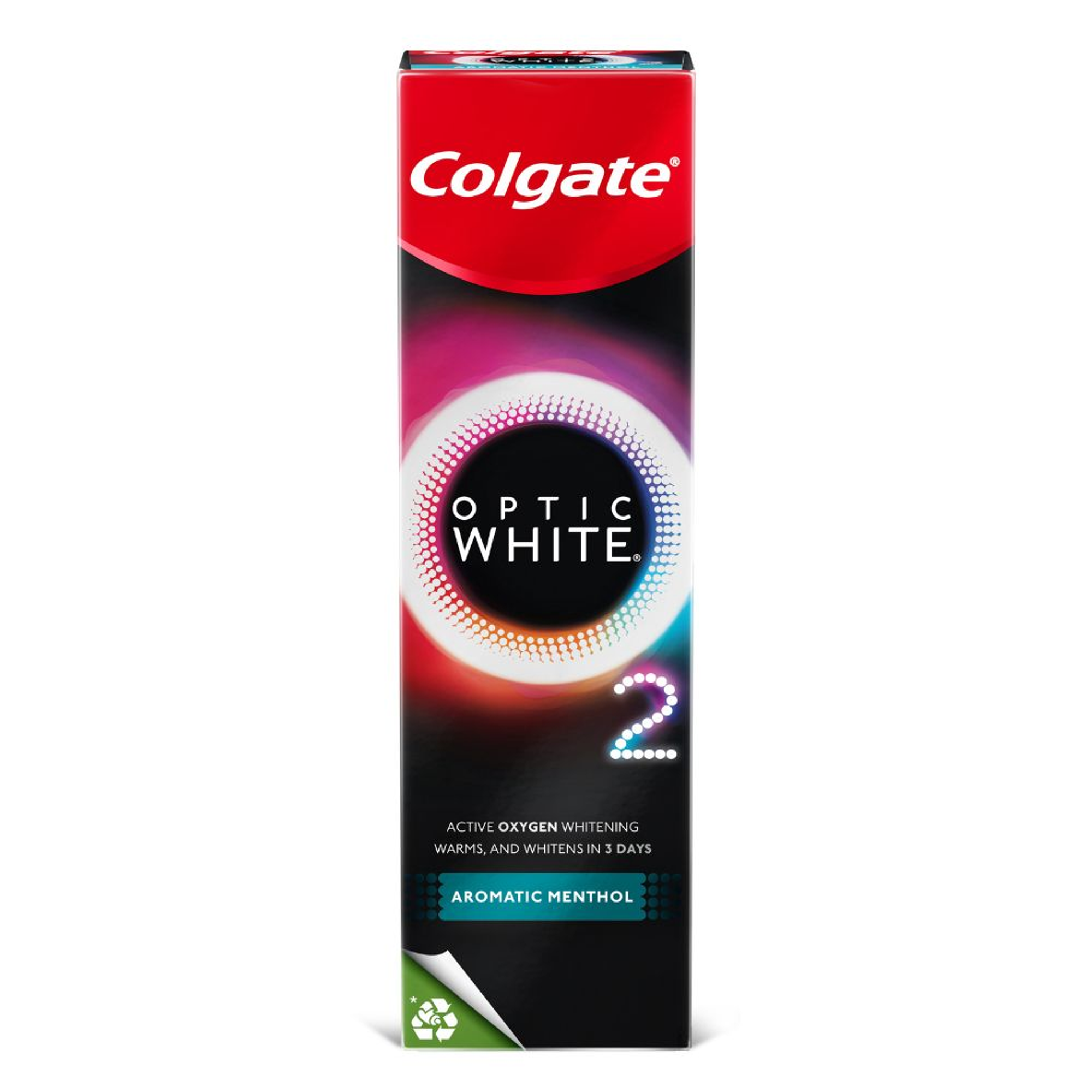
Use daily for teeth colour-correction
Can Teeth Whitening Hurt Your Teeth?
Teeth whitening methods have been implemented and evaluated for decades. Millions of people use teeth whitening products. In fact, the in-office teeth whitening products market size is forecasted to reach 3,058.09 million US dollars by 2028.
Safe and effective teeth whitening options are available for both in-clinic and at-home applications.
However, several minor side effects are sometimes associated with teeth whitening.
These include gum irritation, tooth sensitivity, and impact on dental restorations.
Gum Irritation
Hydrogen peroxide and carbamide peroxide are the most common active ingredients for teeth whitening products. Treatments prescribed by your dentist — whether that's an in-clinic procedure or take-home whitening trays — contain higher levels of these bleaching agents. If bleach were to touch your gums, it could cause irritation. However, your dentist takes extra precautions to protect your gum tissue. During in-clinic procedures, a protective gel will be used to shield your gums from the bleaching agent. Similarly, at-home trays are customised to fit your teeth, so that as little whitening gel touches your gums as possible. If you still experience any issues, the irritation should heal on its own.
Tooth Sensitivity
Tooth sensitivity is a possible side effect of teeth whitening. According to NTUC Health, it is typically caused by the bleaching agent used to whiten teeth, weakens the enamel by creating micro-sized holes. These holes may further expose the tooth’s nerves to sensations like extreme temperatures. The sensitivity may resolve on its own, but if not, you can try:
- Brushing with toothpaste made for sensitive teeth
- Wearing the strips or trays for a shorter time, while following the product instructions
- Asking your dentist for a fluoride product to help remineralise teeth
- Pausing the whitening process for several days to allow your teeth to adapt
Effects on Dental Restorations
Whitening treatments may have adverse effects on dental restorations. However, these effects depend on the type of material used. The peroxide may accelerate the amount of mercury leached from dental amalgam, depending on the concentration of peroxide used, time of application, and age of the dental amalgam. However, the concentration of mercury leached is still below a level associated with possible health concerns. Plus, other materials — like the ones used for crowns and implants — show the best resistance to peroxide. If you're concerned about the effects of whitening treatments on your dental restorations, talk to your dentist about the best option.
Try other teeth whitening products to reveal the bright new smile you want! >
How to Safely Whiten Teeth
If you are interested in taking the next steps towards a whiter smile, follow these steps to safely use teeth whitening products.
Step One: Talk to your dentist. Your dentist can evaluate your tooth health and address any issues — like cavities or gum disease — before you start a whitening protocol. They also can advise on the best whitening treatment and answer any of your questions.
Step Two: Do not try to use whitening products at home with more than 0.1% of hydrogen peroxide. This is the limit allowed in Singapore. Dental products containing more than 0.1% hydrogen peroxide are only allowed to be used by or supplied through registered dentists. The safest option is still to see your dentist.
Step Three: Follow product instructions. Each product comes with a unique set of instructions for the duration and frequency of use. Overuse or incorrect use of the product may put you at higher risk for side effects like gum irritation or tooth sensitivity.
Is Teeth Whitening Safe? Yes, it can be. Simply handle your whitening protocol like any medical treatment — listen to your dentist, follow instructions, and watch for unwanted side effects. Then, you can safely and effectively whiten your teeth and brighten your smile.














